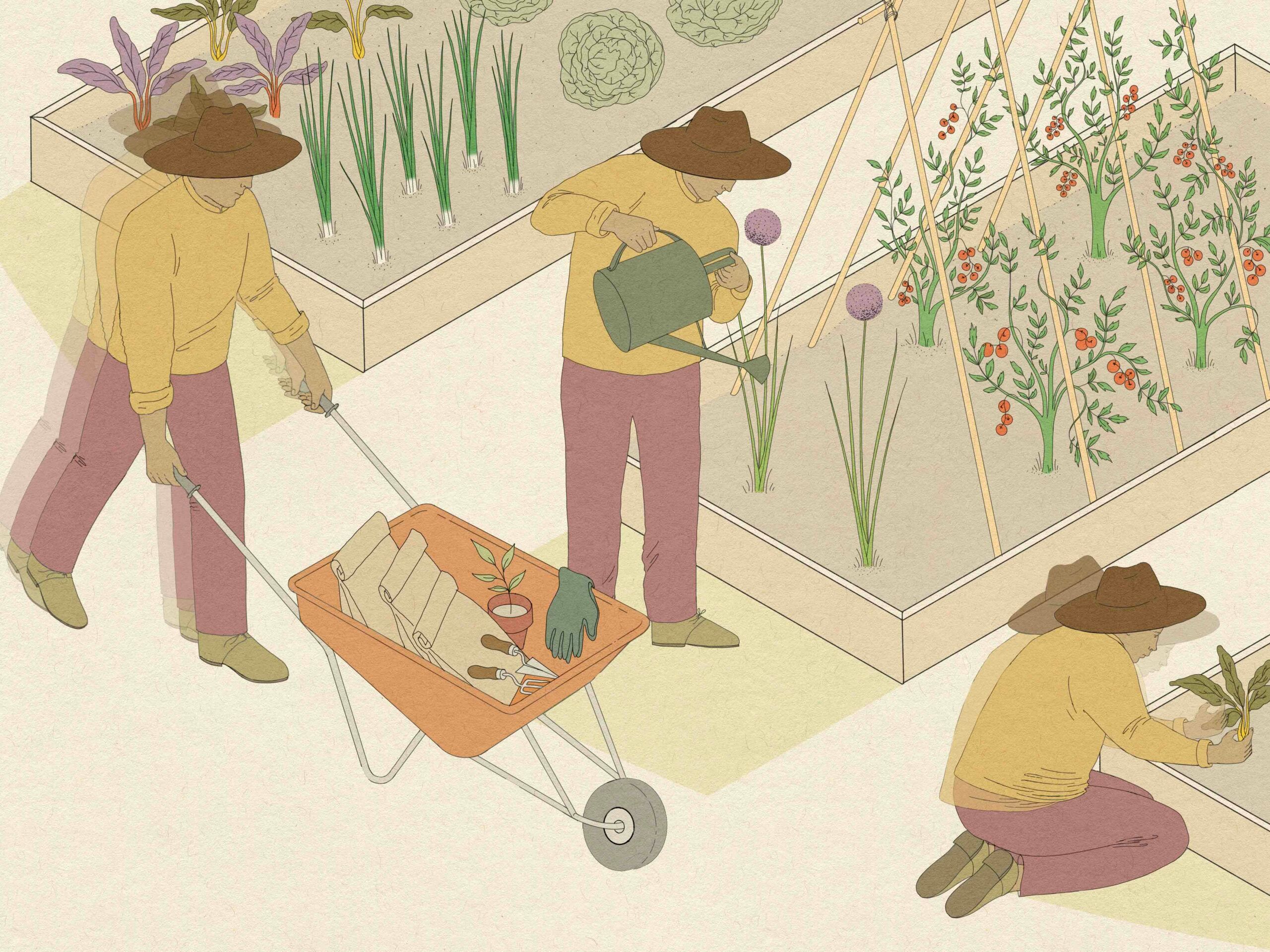Invalid date
min read

Not sure where to start?
There’s a lot to learn when you become a caregiver, and you may be wondering where to start. Fortunately, many of the experiences you’ll encounter are common, and we've pulled together resources to help you along your journey.
Top Articles
Atria Lifestyle
Care Services
Caregiver's Guide
Atria Management
Additional Links
Our Locations
- Arizona
- California
- – Inland Empire, CA
- – Orange County
- – Peninsula/South Bay
- – Sacramento
- – San Diego, CA
- – Ventura County
- – Walnut Creek
- Colorado
- Connecticut
- Florida
- Georgia
- Illinois
- Maine
- Massachusetts
- Michigan
- Nevada
- New Jersey
- New York
- – Manhattan-Bronx
- – Nassau County, NY
- – North Shore
- – Queens
- – Suffolk County
- – Westchester County
- North Carolina
- Pennsylvania
- Rhode Island
- South Carolina
- Tennessee
- Texas
- © 2000-2024 Atria Senior Living, Inc.
- If you are vision-impaired or have another impairment and you wish to discuss potential accommodations related to using this website, please contact us at accessibility@atriaseniorliving.com.
